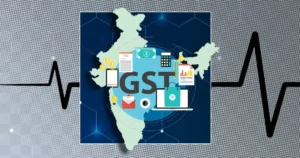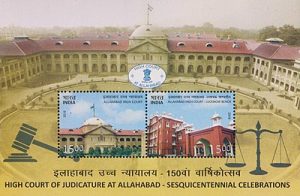
In a landmark decision on October 16, the Supreme Court dismissed the plea of telecommunication companies, including Bharti Airtel and Vodafone Idea, seeking to categorize license fees paid post-July 1999 as revenue expenditure. The apex court upheld the Income Tax Department’s stance that such payments, linked to Adjusted Gross Revenue (AGR), are essentially toward license fees and do not qualify as revenue expenditure.
Background of the Case: The legal dispute, spanning over a decade, between the income tax department and telecommunication companies reached its conclusion with the recent Supreme Court ruling. Notably, the Delhi High Court had previously ruled in favor of the telecom firms, asserting that license fees should be considered a part of revenue under the AGR scheme, hence not qualifying as capital expenditure.
SC’s Verdict and Income Tax Department’s Contention: The Supreme Court, however, sided with the Income Tax Department, emphasizing that the annual payments tied to Adjusted Gross Revenue are explicitly directed at license fees. The court rejected the argument that the mode of payment, based on annual gross revenue, should determine its classification as revenue expenditure. Instead, it deemed the license fee payments as capital expenditure.
Resolution of a Decade-Old Litigation: This decision marks the culmination of a prolonged legal battle between the tax authorities and telecom giants. The Supreme Court’s verdict stands in contrast to the earlier stance of the Delhi High Court, settling the debate on whether license fees should be treated as capital or revenue expenditure. The clarity provided by the apex court brings finality to this complex issue.
![]()



